'The Last of Us Part II' Review
Naughty Dog's Masterpiece
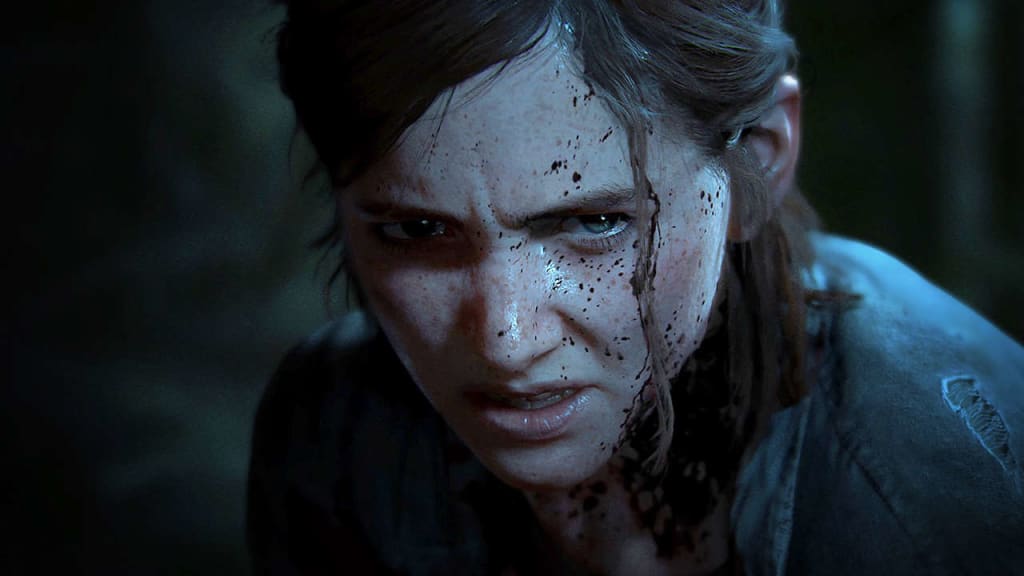
This review contains spoilers for The Last of Us and The Last of Us Part II.
Naughty Dog’s 2013 title The Last of Us is arguably one of the most revered and influential action games of the last decade. So it comes as no surprise to me that it’s sequel would be as divisive and controversial as it has now become. Does this make it a bad game? In my opinion, no. In fact, in many ways I view it as superior to the original title.
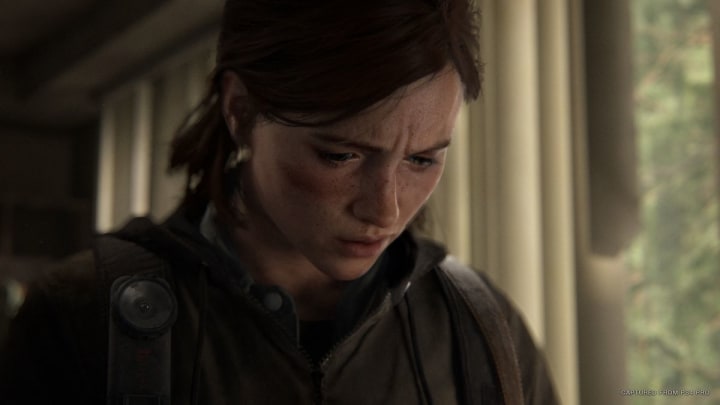
I feel that most of the divisiveness that has surrounded The Last of Us Part II is in regards to its story, plot, themes and characterization, and arguments that certain choices are made artificially in terms of what the protagonists do and what their fates are. While there are certainly a few contrivances here and there, I don’t think it ruins the integrity of the game or its characters.
I also hold issue with the common analysis that the message of the game is that revenge is cyclical, and that the only way to redeem yourself is by breaking the cycle of violence. If that had been the story’s only agenda I would’ve found it rather shallow. Part II also has themes of family, identity and morality that are addressed in a way that expands and surpasses upon what had been previously established.
The inciting incident for the main character, Ellie, happens when Joel, the protagonist of the first game, is murdered in front of her by Abby. This act of violence is one of the first things we see this new character do, which led to many people immediately hating her and arguing that she was given too much agency too early on.
To me, The Last of Us series has always followed the philosophy that in a post-pandemic world, no one is safe, including the people we’re most endeared to.
The game is split into essentially four sections. The first takes place in Jackson County, where a group of survivors are sheltering themselves from the zombie apocalypse in a secure area. After Joel’s murder, Ellie goes on a quest to hunt down the band that killed him, leading her to Seattle and the Pacific Northwest. This is the point in which the game shifts perspective. Ellie spends three nights in Seattle, followed by three nights spent by Abby in which you control the character herself, much to the chagrin of many. The end of the game takes place in Santa Barbara and their ultimate confrontation.
When I first played as Abby, I honestly hated it. I felt that she was an almost irredeemable personality that I had no investment in. But by the end of her story, not only did I like her, but I was reevaluating the entire arc of the first game and who its real heroes are.
The impetus for Joel’s murder is that in the first game, Joel took a teenage Ellie to Utah to conduct experiments by a paramilitary group called the Fireflies, in hope of creating a cure to the zombie virus through Ellie’s secret immunity to it. When he gets to them, he discovers that the only way to create a cure is to remove part of her brain, in turn killing her. Joel had lost his daughter, Sara, to the virus, and becomes a surrogate father figure to Ellie over the course of their journey. Realizing that he’s in danger of losing his family yet again, he kills the doctors, including Abby’s father, and escapes.
In our eyes, Joel Miller is a morally grey but likeable person who committed a selfless act of love in saving this girl. But in Abby’s eyes, he’s just a guy. He crossed many people in his life, and his ultimate decision to rescue Ellie was always morally and ethically grey, exchanging the fate of all humanity to save one person.
Is Joel, in fact, the villain of the story?
The other thing that I love about the sequel is it’s replayablity. I recently started New Game+ mode, and found a lot of things that I didn’t notice the first time around, most of them coming from Ellie’s new female love interest, Dina.
At one point in the game, you have to find supplies in a Synagogue. If you talk to Dina, who is Jewish, she mentions that her attachment to theology comes from the fact that her ancestors barely survived both the Inquisition and the Holocaust. The Last of Us franchise has always been about the idea that the only people who make it out alive are the ones who undergo extreme adversity and overcome it. While Joel can be argued as a good person, in my mind he was always doomed to die.
New Game+ also offers other benefits that other games using New Game+ don’t typically have. Since there are only so many weapon upgrade pills you can collect on your first playthrough before you max out, it’s not until you’ve replayed the campaign a few more times that you can fully mod your weapons. On this playthrough, I was able to add a sniper scope to one of my bolt action rifles, something I wasn’t able to do the first time around.
Another component to the controversy this game is mired in has to do with its exploration of gender identity in a storyline that many feel is politically forced.
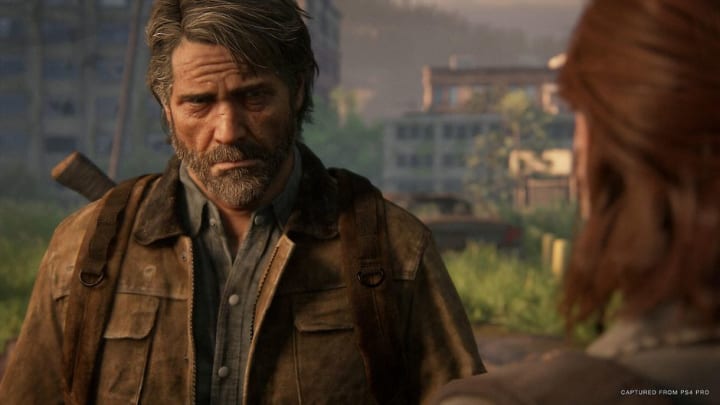
Upon Abby’s encounter with the Seraphites, a violent religious cult, she meets a character named Lev who was born female but identifies as male, making him one of the first representations of a transgender character in the video game medium. However, his character is not solely his identity in this regard, as they do much more with him than that. Joel Miller got a second chance at being a father after being robbed of a child. In the case of Abby, she’s given a chance with Lev of having a family again after having it taken from her. Since Abby works with the WLF, she’s well acquainted with not only them, the Seraphites, and the Fireflies, but also the world at large. Lev however has lived in a forest with a band of zealots for his entire life, and has no real knowledge of the way things really are. Watching the relationship between these characters develop was beautiful to me, in that they only overcome adversity through their bond with each other, Abby learning to get over her fear of heights, and Lev cutting ties with his abusive mother. The marketing mantra for The Last of Us series is “Endure and Survive”, and that motto is at full force in the sequel. We are grown to like Abby through her empathy and selflessness, in turn realizing that she’s just as human as anyone else. By the end of the game, when Abby and Ellie are pitted against one another in a fight to the death, I wasn’t rooting for either of them to kill the other, as I was genuinely attached to both. In the end, Ellie spares Abby’s life in realizing that she has a new family with Lev, but they depart each other on somewhat uneven terms. Perhaps in a third game they’ll be forced to form an unlikely alliance.
Ellie’s path for revenge leads to her losing not only some of her friends, but also her relationship to Dina and their child, who abscond to an unknown location after Dina realizes how volatile and dangerous Ellie has become.
At the beginning of the game, before Joel gifts Ellie with his guitar, he plays a cover of Pearl Jam’s “Future Days.” Among Eddie Vedder’s lyrics to the song is:
“If I were to lose you, I’d surely lose myself.”
After reflecting on the last night that she and Joel spent together, Ellie leaves his guitar behind and heads into the wilderness in search of Dina, having made some semblance of peace with his passing. In the end, Ellie does lose everything – except herself. And we as the audience learn that there are no real heroes and villains. There are only survivors.


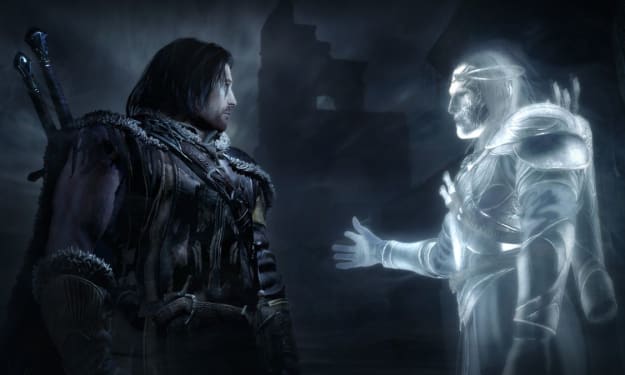

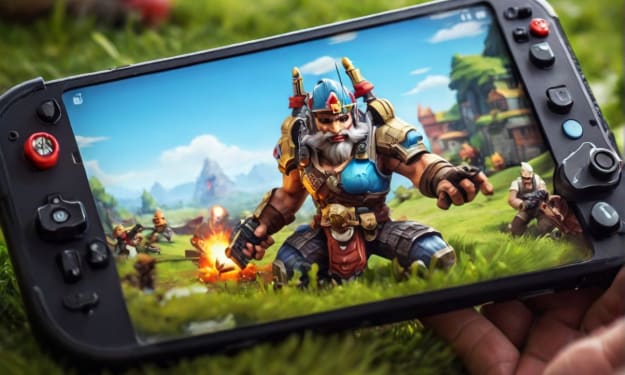

Comments
There are no comments for this story
Be the first to respond and start the conversation.